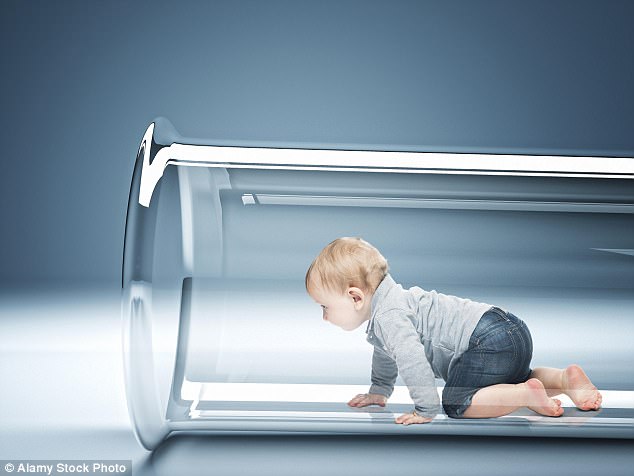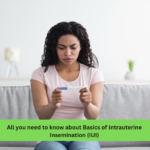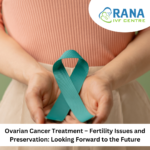What to Do After a Failed IVF Cycle
IVF is a boon for people who want children but don’t have the privilege to make it happen naturally. But when an IVF procedure fails, it leads to a lot of disappointment. No treatment has a 100 percent success rate. Even though things can go wrong, only 40% of IVF cycles are successful. Even if all goes well there are chances that the treatment might fail.
But a failed IVF doesn’t mean that the couple should lose hope. Most couples who are not able to conceive in their first IVF cycle experience success during the second one. Here are some steps that you should take in case your IVF treatment didn’t work for the first time.
- Taking a Break
It is important to take a break after an unfortunate incident occurs. Same goes for a failed IFV. When a couple decides to go for an IFV they know that there is no guarantee that the treatment will be successful. Still, they hope for the best. But when this hope is shattered it is traumatic both physically and mentally for them. So, before leaping into the second cycle it is important to take some time and recover from the physical an emotional stress. Couples can seek to counsel during this time to expel any negativity from their thoughts.
- Understanding the Failure
Only when a couple has completely recovered from the depression they should consult an expert in order to understand the reasons for the failure. Sperm problems, abnormal chromosomes, PCOS, empty follicle syndrome, etc can be the reasons behind an IVF failure.
- Taking the Next Step
When the causes of the failure are completely understood it is time to eliminate those causes and enter into a second IVF cycle. These are some common changes a doctor might take into account.
- If there are endometrium problems or other issues in the uterus, a surrogate is considered. Surrogacy can rule out failure to a great extent in cases where the endometrium layer is not fit to bear a child.
- If the eggs or the sperms are of a compromised quality, premature menopause, or poor ovarian reserve, donor eggs/embryos can be used.
- Any abnormalities in the uterine cavity can greatly affect the success rate of implantation. So, the correction of such abnormalities can be done with the help of a Hysteroscopy.
- Intrauterine installation of G-CSF and endometrial scratching can boost the chances of implantation to a great extent. An endometrium biopsy is a must in case of a failed IVF.
- Freezing the embryos and transferring them inside the womb later can be beneficial in case of an ovarian hyperstimulation, the thin lining of the uterus, low ovarian reserve, and repeated miscarriages.






No Comments